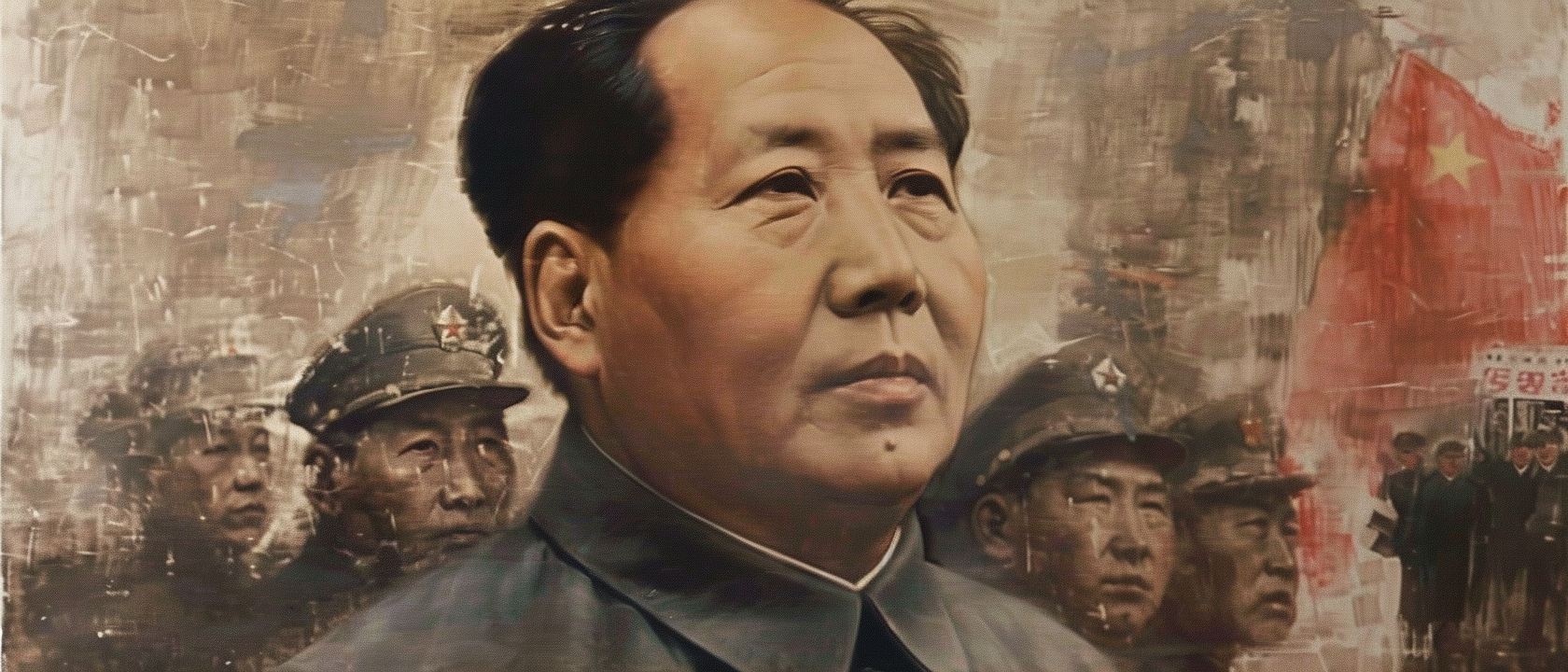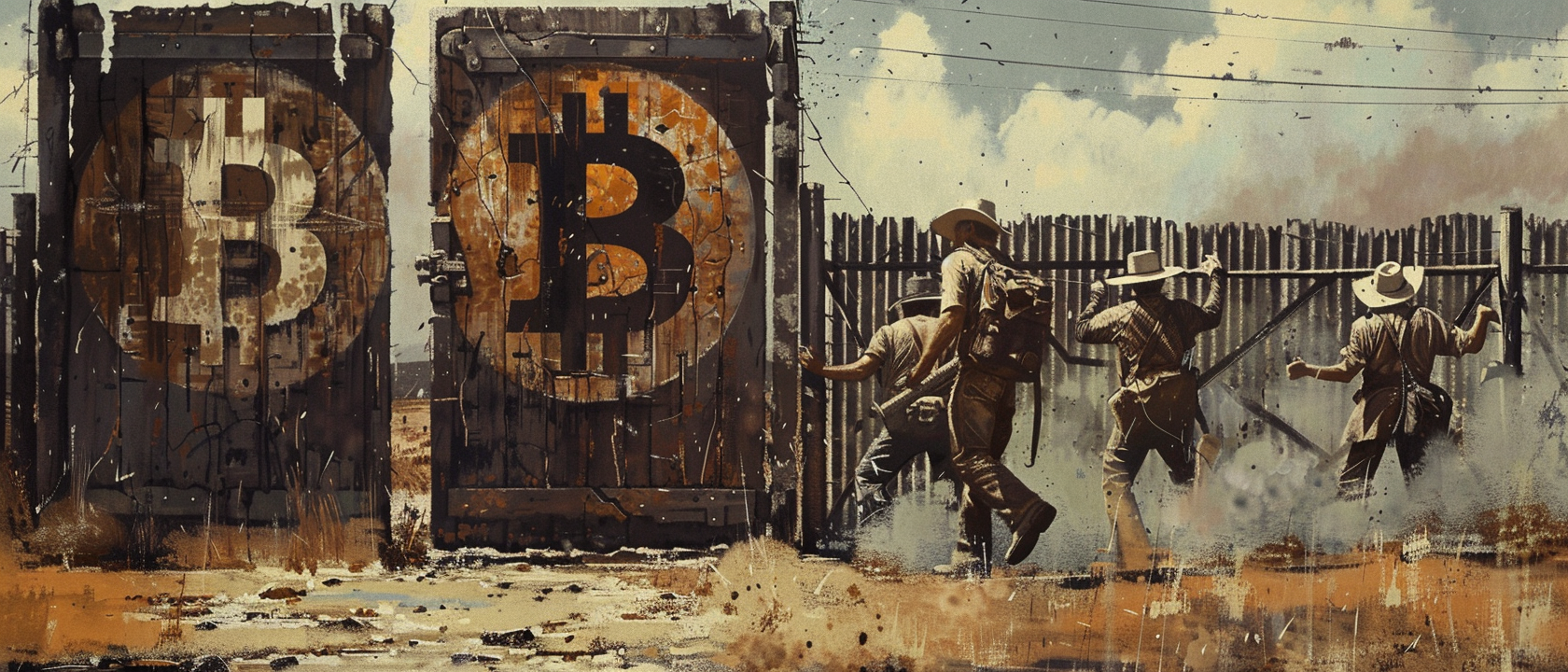Shadows of the Chinese Cultural Revolution: Tracing Parallels in Modern America with Xi Van Fleet
This post was originally published on
Key Takeaways
The episode of The Tucker Carlson Encounter featuring Xi Van Fleet offers a stark comparison between the Cultural Revolution in China and recent socio-political events in the United States. Xi Van Fleet's unique perspective as a survivor of the Cultural Revolution provides a chilling account of how overnight, her world was engulfed in a campaign fueled by propaganda, social division, and violence, which ultimately aimed to consolidate Mao Zedong's power. She draws parallels between the public humiliations and struggle sessions of her childhood and the recent public shaming and cancel culture phenomena in the U.S.
The podcast delves into the depth of the destruction during the Cultural Revolution, from the shutting down of schools to the dismantling of the criminal justice system. It also touches on the indoctrination of the youth, who became the Red Guards, and the subsequent infighting that led to even greater violence. Xi Van Fleet recounts her own experiences of being sent to the countryside for reeducation through labor, highlighting the stark reality of communism in practice.
Furthermore, Van Fleet sees similarities in the changes in language and thought policing, as well as in the rise of identity politics. She observes how the division of society into "red" and "black" classes in China mirrors the use of race in America to sow discord. The narrative that unfolded in China under Mao is, in her view, being echoed in the U.S. through critical race theory and diversity and inclusion initiatives, which she fears could lead to an erosion of American values and society.
Best Quotes
- "I was so impressed. As Americans are the nicest people, they try to be nice and not hurt people's feelings. And now we know, right during the process, and we were taught, you can't say vision impaired. Now it's something different. And now, you know what? What's the correct way to call those people blind? Blind. Yeah, according to Stanford. Now, that is the correct way. So that just remind me of the cultural revolution, that there's only one correct way of thinking, of talking."
- Context: Xi Van Fleet draws a connection between the changing language norms in America and the enforced language regulations during the Cultural Revolution.
- "This is indeed the American version of the Chinese communist Cultural Revolution."
- Context: Van Fleet's statement during a school board meeting, where she likens the push for critical race theory in schools to the indoctrination techniques used by Mao.
- "The only way for us to win the war is to get our school back, get our university back, and of course, media, because those are the institutions that shaping people's mind. And they are all in the hands of Marxists."
- Context: Van Fleet emphasizes the importance of reclaiming educational and media institutions from Marxist ideologies to protect and preserve American society.
Conclusion
Xi Van Fleet's testimony on the podcast serves as a somber reminder of the dangers of ideological extremism and the destructive power of mass movements weaponized by political leaders. Her comparison of the Cultural Revolution with current events in the United States is a cautionary tale about the importance of preserving free thought, speech, and a shared historical understanding.
The episode also sheds light on the often-overlooked impact of language and identity politics on social cohesion and the potential they have to divide and conquer societies. Van Fleet's insights provide a wake-up call to the American public to recognize the patterns of the past and to actively engage in safeguarding democratic values and institutions. The overarching message is clear: the cost of ignorance and apathy can be the very fabric of society, and as Van Fleet asserts, it is incumbent upon every individual to understand, engage, and fight for the principles they believe in.




